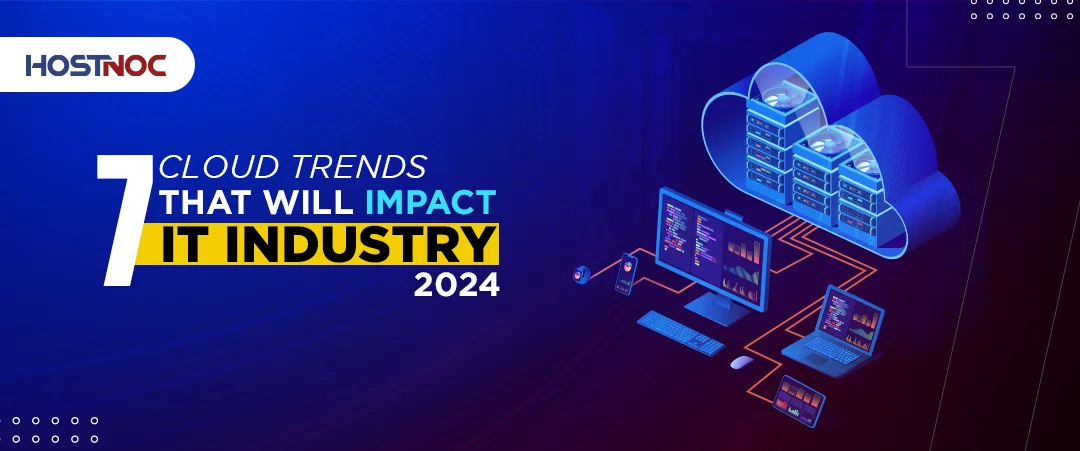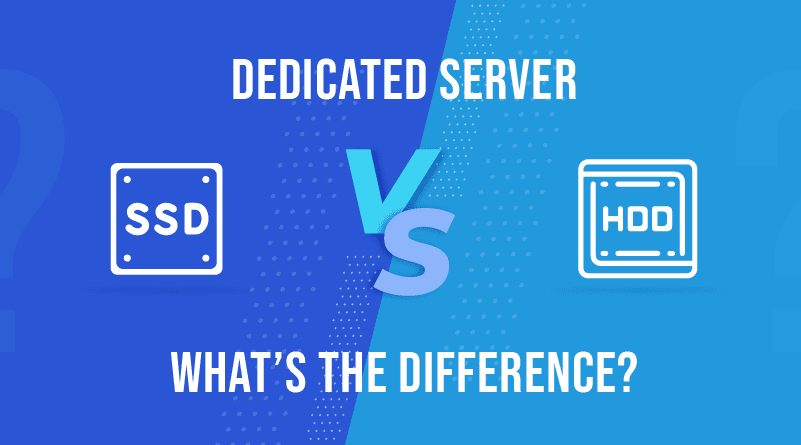All You Need to Know About Semi-Dedicated Server

10 Best Web Hosting Forums and Platforms You Should Join Right Now
December 22, 2020
How to Setup Your Private DayZ Server?
January 18, 2021Your website is ready. The search for hosting provider rages on. During your search, you came across diverse types of hosting options. Not to mention, having to contend with the flood of technical jargon’s that only an IT expert can comprehend, makes it difficult to choose the right web hosting option according to your business needs. This is why HostNoc brings you “All you need to know” guides to help you make the right choice.
In this article, you will learn everything you need to know about semi-dedicated servers.
What is a Semi Dedicated Server?
Every web hosting provider who is offering semi-dedicated servers tend to define it in their own way. Some might call it a hybrid of shared hosting and VPS while others might put it in the middle ground between VPS and dedicated hosting. You might also come across hosting providers who will market semi-dedicated servers as more stable and reliable versions of shared hosting. All this adds to the chaos and makes choosing semi dedicated server even more difficult. Ask your hosting provider questions like what they mean by semi-dedicated servers to avoid getting ripped off.
As the name suggests, a semi-dedicated server is a physical server with dedicated resources but the main difference between dedicated server and semi-dedicated server is that the latter is split into several hosting products and sites. Unlike shared hosting, which accommodates a plethora of customers, a semi-dedicated server limits that number to a dozen users.
All the resources are allocated and monitored by the web hosting provider. This means that the service provider will manage everything, which will alleviate the burden on your IT department. In a semi-dedicated server setup, you only have control over the resources that are allocated for your website, which is not the case in dedicated servers, where you enjoy complete control over your server and resources.
Advantages and Disadvantages of Semi Dedicated Servers
If you are still confused about whether you should go for semi-dedicated server or not, here are some of the advantages and disadvantages that can help you decide.
Advantages of Semi Dedicated Servers
There are four main advantages of semi-dedicated servers.
-
-
- Cost
- Server management
- Resources
- Physical Equipment
-
Let’s look at each advantage in detail.
1. Cost
When you divide the cost of a single physical server with any number of sites using it, the expenses get distributed among users, so each user incurs a lower cost. This results in lower per-capita cost for each site. Unlike dedicated servers where you have to pay a full price to get a dedicated server, you can enjoy the same liberty but at a fraction of a cost with semi-dedicated servers.
2. Server Management
If you are a startup with a small IT team, they might already be occupied with a lot of tasks. They don’t want to be managing your semi-dedicated servers. This is where semi-dedicated servers come in handy. The web hosting provider will take care of server management and allocate the required resources to keep your website up and running.
3. Resources
With semi-dedicated servers, you don’t have to worry about other tenants sucking up all your resources in case of a shared hosting plan. The web hosting provider will allocate dedicated resources for every site hosted on the server so that you never run out of resources to keep your website functional.
4. Physical Equipment
Another benefit of choosing a semi-dedicated server hosting is that you get access to powerful hardware, as hosting providers leverage fast processor, memory, storage and network to ensure seamless performance. The use of top-of-the-line hardware comes in handy when you allocate resources to other website hosted on the servers as it will not be possible with lower grade hardware. Mediocre hardware not only brings your website but other website hosted on the server down to their knees, especially when it is under heavy load.
Disadvantages of Semi Dedicated Servers
Every coin has two sides and semi-dedicated servers are no different. Here are some of the disadvantages that you should keep in mind.
-
-
- Scalability
- Migration
- Lack of Control
-
Let’s look at each one in detail.
1. Lack of Control
If you want complete control over your server, and wish to customize it according to your business needs, semi-dedicated servers are not for you. With your web hosting provider managing everything, you don’t have the level of control that dedicated server owners enjoy. This also limits your customization options to a certain degree. In short, you are completely dependent on your hosting provider for server management.
2. Scalability
The pace at which business needs are evolving compels you to opt for a dynamic and scalable solution that grows with your business needs. Unfortunately, that is not what you will get with semi-dedicated servers. There is little to no room for expandability and you are only left with what you acquired in the first place. In order to save costs, most web hosting providers will lock the site or application to a specific location, which further limits your option.
3. Migration
Thinking about migrating your legacy systems to a new semi-dedicated server? Unfortunately, I have some shocking news for you. You won’t be able to do that because of compatibility and other migration issues.
Would you choose semi-dedicated servers and why? Feel free to share it with us in the comments section below.



